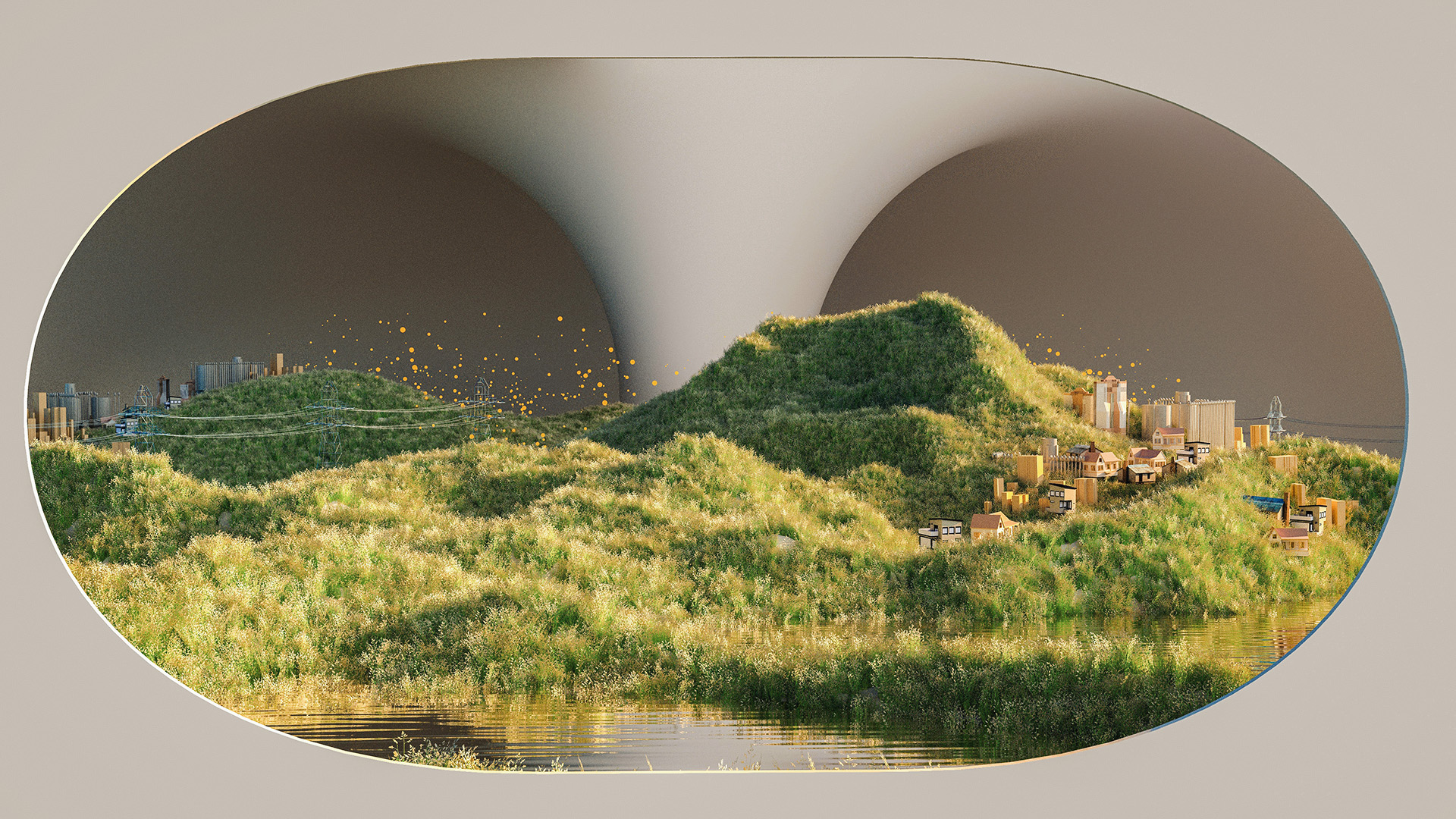In February 2024, the European Union approved new rules to protect the environment. The old regulations on environmental crime were stopped in 2008, but they were not enough for the proper respect of the environment. In 2024, sustainable challenges increase.
Due to the increased controls and restrictions in this area, more and more companies need to adapt by creating products that are not only efficient but also eco-friendly. At the same time, the channels for promoting new products that guide us towards a greener future are increasing.
The number of fairs and events that have recycling and sustainability as their main themes is growing. The intent is not only to promote products of small and medium-sized enterprises but above all to raise awareness and show that it is possible to buy green products, but also efficient, attractive and interesting.
The Green side of Pink team was invited to Milan in March for the 20th edition of “Do the right thing“, the fair of critical consumption and sustainable lifestyles. Great success for the edition of this years which saw a large influx of consumers and original and creative products exhibited.
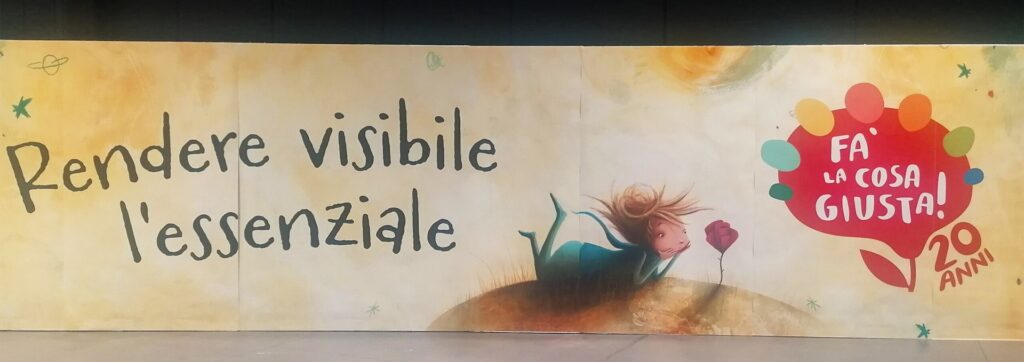
Two sustainable challenges using plastic
Luca and his brother Silvio, in Venice, created the Cycled Project which, as indicated on their homepage, “gives new life to the only polluting part of the bicycle”. What are we talking about? Tyre! They created belts, bracelets, watch straps and key holders using this material that is not simple to recycle. The production takes place in Veneto thanks to the support of about 300 workshops and using 15/18 thousand tyres per year. Germany, Belgium and the Netherlands are the largest buyers.
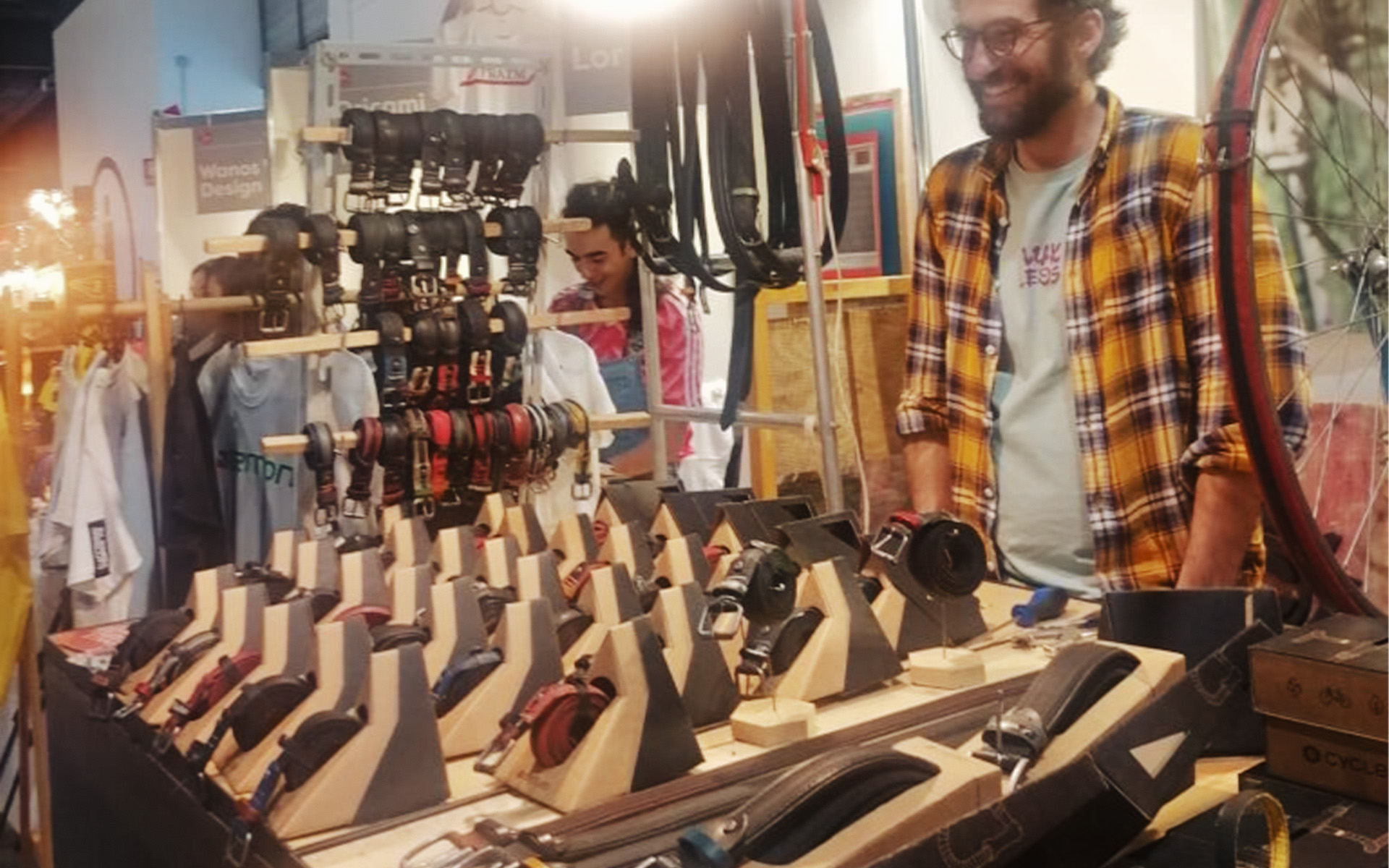
The idea stems from the need to create accessories for lovers of two wheels. This is how belts are born, but also a real passport with an integrated chip to tell the story of our adventures. The Cycled company extends its ecological commitment to all parts of its work. Their advertising material, for example, is made with paper produced from the algae of the Venice lagoon.
Another interesting accessory is proposed to us by Comunicare in Eco. Annalisa and Erika, today they make bags and backpacks. In the city of Italian fashion they collect truck tarps, advertising banners, bike inner tubes, seat belts and assemble them to make their products. Self-destroyers, therefore, can be defined as the best suppliers of raw materials. Great example of recycling.
The fabrics
The very young Luciana and Gabriella have created the Sophi brand in Campania, using certified organic cotton and fabric waste to create t-shirts, vests and bags. Where do these rejects come from? From nearby upholstery companies who would otherwise have to pay a fee for all scrap material. Their products are not only the result of something that would otherwise have been trashed but are accompanied by sustainable packaging. The cardboard that wraps the tickets of the Aloe line is also a revelation: it can be planted! Inside, in fact, there are small seeds that with care and dedication can give life to beautiful plants.
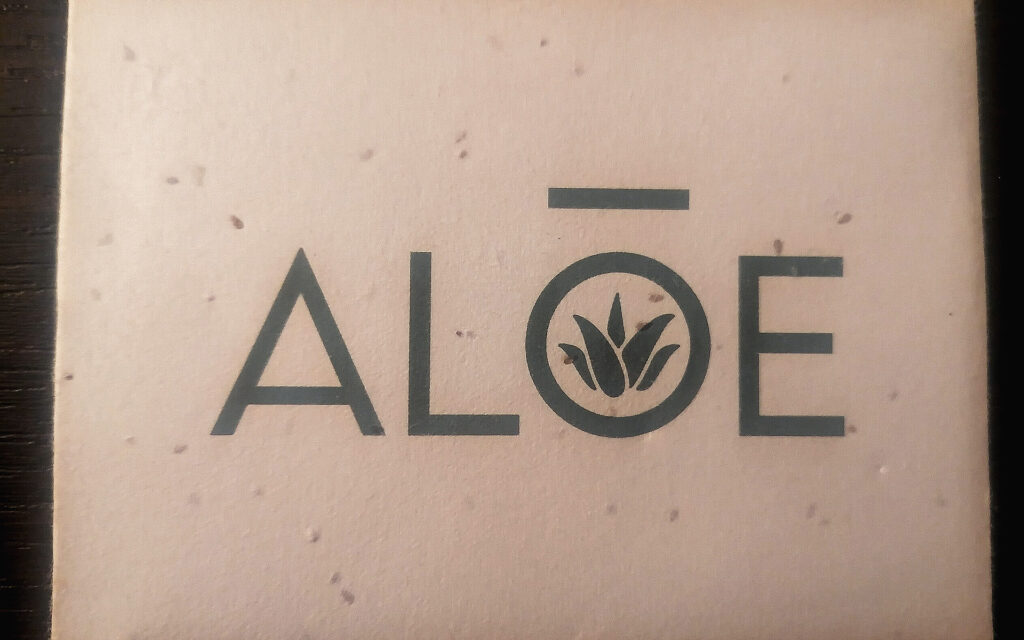
Molce Atelier also avoids waste and gives new life to unused fabrics and remnants donated by stockists. The founders, thanks to a call from the European community in association with the municipality of Milan, have obtained funding to open this place that is not only a tailor’s shop but a real refuge. In fact, it welcomes women victims of violence who, in addition to having psychological support, learn to sew in some cases not only fabrics but also their wounds.
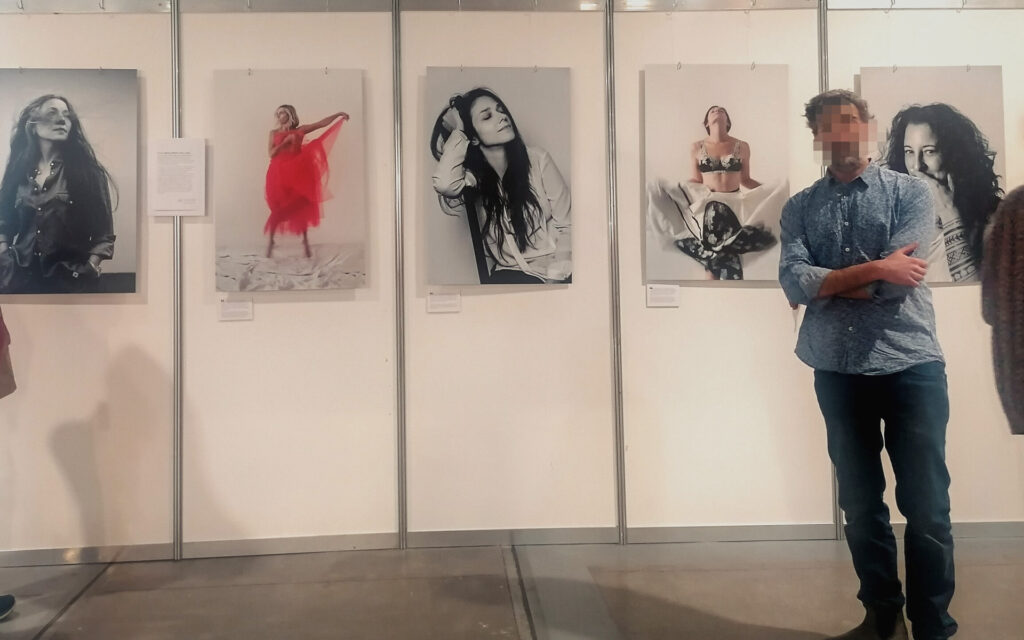
Some challenges
Getting known is not always so easy for these companies, which however live a bit in the shade of classic companies perhaps less attentive to ecology.
What an Eco is committed to supporting businesses and artisans who care about our planet. They give visibility to certified brands and have created an e-commerce with a resale of their products of over 250 brands.
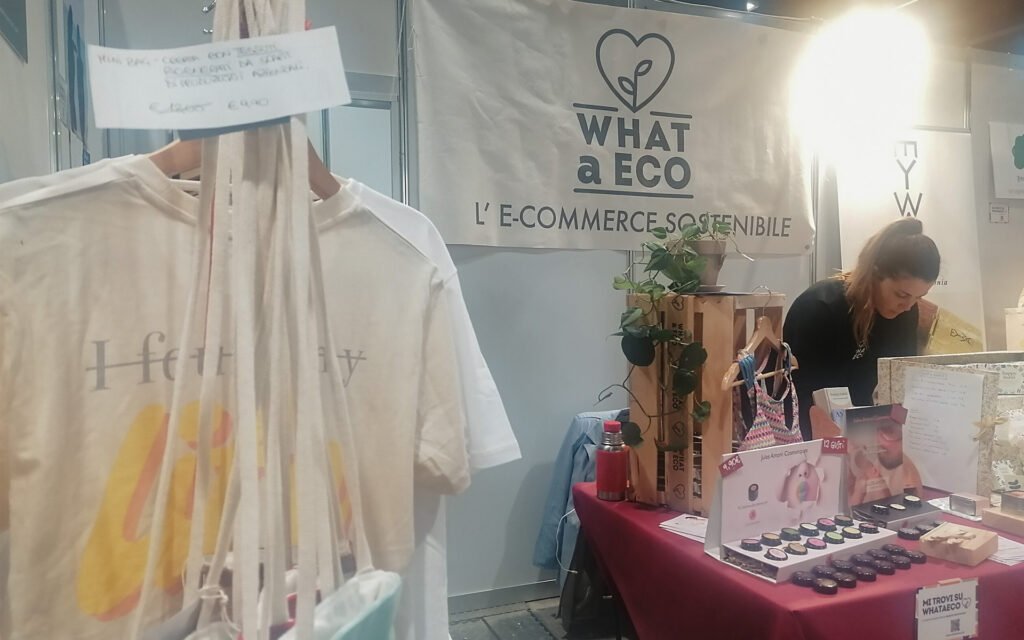
The efforts of these realities are not few, making room in a consumer society is not easy as well as making the consumer understand that the ecological product has more advantages and finally being able to retain it. In addition, the craftsmen require a lot of dedication, work and control not only for the materials to be found but so that each step takes into account their impact on the environment and human resources. This process leads to an increase in the cost of the final product and for this reason too often consumers unfortunately prefer to buy elsewhere.
But, let’s think, what will be the cost to be paid when we have exhausted the natural resources of our planet?


